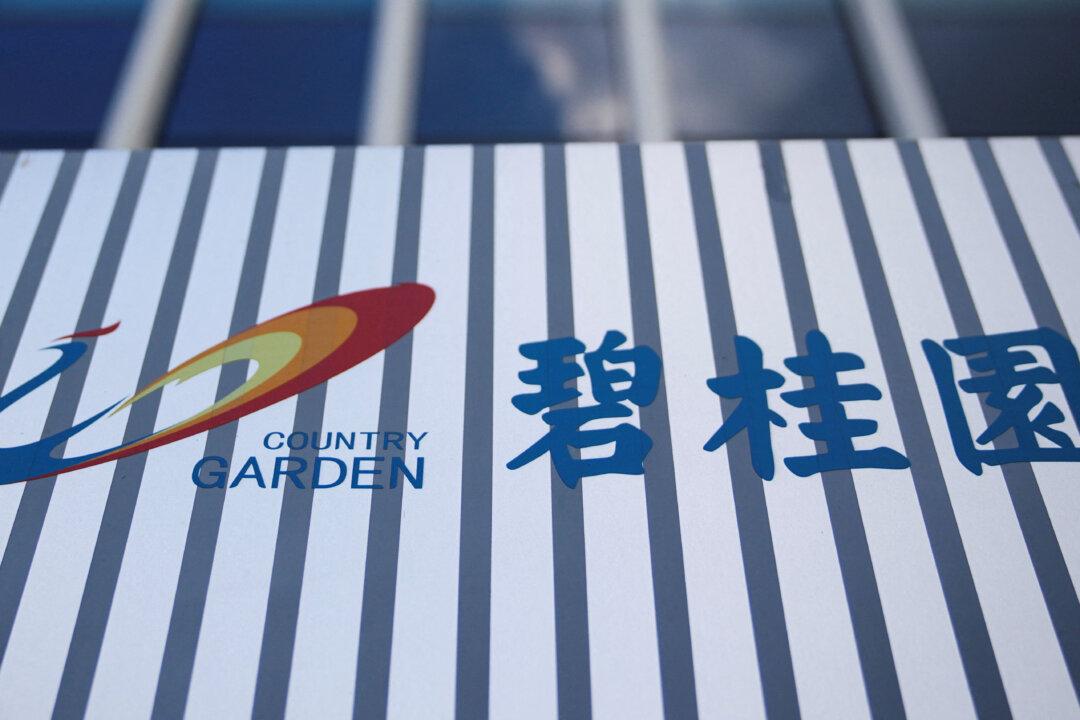Since falling into a debt crisis, giant Chinese private property developer Country Garden announced on Oct. 10 that it has HK$470 million (about US$60 million) due and is expected to be unable to fulfill repayment of all foreign debts even in the grace period.
According to the announcement, Country Garden has hired high-profile law firm Sidley Austin LLP to assess the company’s capital structure and liquidity position to formulate an overall solution.





